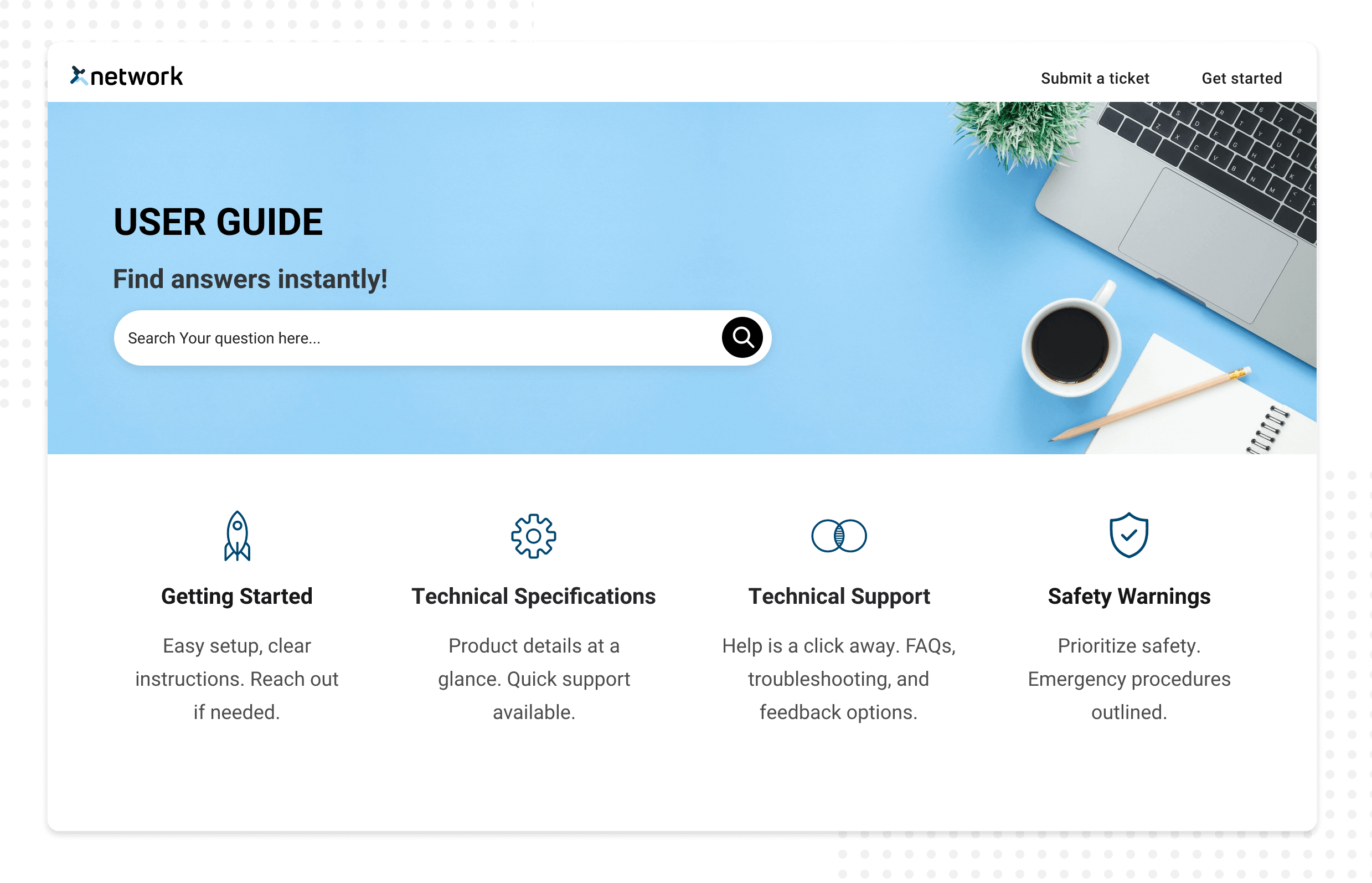How to Guide: Where to Locate Reliable Step-by-Step Solutions for Your Projects
How to Guide: Where to Locate Reliable Step-by-Step Solutions for Your Projects
Blog Article
How to Develop a Thorough Budgeting Strategy to Accomplish Financial Stability and Control Over Your Expenses
Establishing a comprehensive budgeting strategy is important for achieving financial stability and maintaining control over expenditures. It starts with a careful analysis of your existing economic landscape, which includes examining earnings and costs. This structure permits the solution of SMART monetary objectives, directing effective decision-making. Moreover, creating an organized spending plan framework can delineate crucial from optional expenses. The journey does not finish there; the recurring change and monitoring of your budget are important for long-term success. Recognizing the subtleties of this process can considerably influence your economic trajectory and way of living options.
Analyze Your Present Financial Scenario
To effectively develop a budgeting strategy, it is crucial to extensively analyze your current monetary scenario. It is essential to calculate your complete monthly revenue precisely, as this number will certainly lead your budgeting decisions.
Set costs, such as rental fee or home mortgage settlements, insurance coverage, and utilities, remain constant each month. In contrast, variable costs, like groceries, entertainment, and optional costs, can rise and fall.
In addition, think about any type of superior financial debts, consisting of charge card equilibriums, trainee lendings, and personal lendings. Understanding your obligations is important for formulating a strategy to manage and lower them properly. By conducting a comprehensive assessment of your monetary circumstance, you can develop a solid groundwork for your budgeting plan, eventually causing enhanced financial stability and control over your costs.
Set Clear Financial Goals
Routinely establishing clear financial objectives is important for effective budgeting and long-lasting financial success. Defining details, measurable, obtainable, appropriate, and time-bound (CLEVER) goals enables people to develop a roadmap for their economic journey. These objectives can encompass different aspects of personal money, including saving for retired life, purchasing a home, or settling financial debt.
To begin, examine your top priorities and identify temporary, medium-term, and long-lasting objectives. Temporary goals may consist of building an emergency fund or saving for a holiday, while medium-term objectives might include saving for a cars and truck or moneying a child's education (How to guide). Long-lasting objectives normally concentrate on retired life savings or wealth accumulation
Next, evaluate your objectives to offer clarity. Rather of intending to "save more money," define "conserve $10,000 for a down payment by December 2025." This level of specificity not just enhances inspiration however likewise promotes measurement of progress.
Last but not least, frequently review and readjust your economic goals as scenarios transform. Life events such as work changes, household growth, or unanticipated expenses can affect your financial scenario, making it necessary to remain responsive and flexible to achieve sustained financial security.
Create Your Budget Framework
Establishing a spending plan structure is a basic step in bringing your financial objectives to fruition. A well-structured budget plan structure acts as a blueprint for handling your revenue, costs, and cost savings, enabling you to straighten your spending with your monetary desires.
Begin by classifying your costs right into necessary and discretionary categories. Essential expenses include requirements such as real estate, energies, groceries, and transport, while discretionary expenses include home entertainment, dining out, and luxury things. This classification aids you prioritize your costs and identify areas where modifications can be made.
Following, establish your income sources and compute your complete monthly revenue. This should include earnings, side jobs, and any type of passive earnings. With a clear photo of your income, you can allocate funds per cost category extra properly.
Incorporate savings into your spending plan structure by reserving a certain percent of your revenue. This will certainly help you construct a reserve and add to long-lasting financial objectives. A strong budget plan structure not only provides clearness on your economic circumstance but likewise empowers you to make informed choices that promote monetary stability and control over your expenditures.
Display and Readjust Frequently
Tracking and adjusting your budget plan is essential for maintaining economic health and wellness and ensuring that your spending straightens with your evolving goals. On a regular basis evaluating your spending plan allows you to determine discrepancies between your prepared expenditures and actual costs. This method aids you stay responsible and conscious of your economic situation.
Begin by setting a constant timetable for budget plan evaluations, whether it be regular, regular monthly, or quarterly. During these testimonials, analyze categories where you may be underspending or overspending. This analysis can reveal patterns that necessitate adjustments in your budgeting strategy. How to guide. For instance, if you consistently spend too much in optional groups, it might be time to lower those appropriations or locate ways to reduce.
Bear in mind, a spending plan is a living paper that must develop with your monetary situations. By proactively keeping an eye on and changing your budget, you can maintain control over your expenses and work towards attaining your financial stability Resources objectives.
Use Tools and Resources
A large array of resources and devices can substantially improve your budgeting procedure, making it easier to stay and track expenses on target. Financial administration software application, site link such as Mint, YNAB (You Required a Budget), or EveryDollar, supplies user-friendly interfaces for checking earnings and expenses in real-time. These platforms commonly include automated tracking of deals, categorization of investing, and visual depictions of your economic circumstance, assisting in educated decision-making.
In enhancement to software, mobile applications can use ease and accessibility for budgeting on-the-go. Numerous apps allow for the syncing of financial institution accounts, guaranteeing precise data while offering notifies for upcoming bills or financial restrictions.
Furthermore, spread sheets, such as Microsoft Excel or Google Sheets, can be customized to create a customized budgeting system. These tools enable individuals to manually input data, analyze trends, and job future expenses based on historical costs patterns.
Lastly, take into consideration leveraging instructional sources such as budgeting workshops, on-line programs, or economic blog sites. These resources can deepen your understanding of effective budgeting techniques and assist you make informed selections that straighten with your economic objectives. Utilizing these devices and resources is crucial in attaining monetary stability and control over your costs.
Final Thought

By performing a complete analysis of your economic circumstance, you can establish a strong groundwork for your budgeting plan, ultimately leading to boosted monetary stability and control over your expenditures.

By analyzing the current economic situation, setting clear economic objectives, and developing a structured budget framework, individuals can efficiently assign resources. Utilizing economic monitoring tools additionally improves the budgeting process, eventually leading to enhanced monetary control and stability.
Report this page